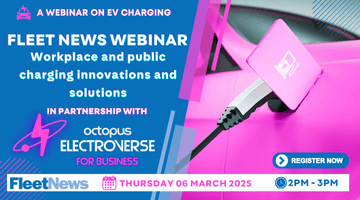Impact of alternative fuel strategy on choice
The general view is that alternative vehicles remain a niche market for fleet operators.
In some cases, such as delivery or transport, the role of alternative fuels is almost non-existent, as the only fuel capable of matching operational requirements is diesel.
Both public and private sector fleets indicated that any volume shift away from diesel is unlikely in the medium-term as there is ‘no viable alternative’.
Fleets have assessed alternative vehicles, such as electric cars, range-extender electric cars, hybrids and aftermarket technology to reduce emissions, but if they are used beyond the trial stage, it seldom extends beyond being a pool car.
In both the public and private sector, there is a recognition that you have to be 'seen to be green' and this may drive investment, but there is little independent support for the benefits of alternative fuels, particularly electric vehicles.
In addition to operational use, there are also concerns relating to costs, particularly installing fast-charging infrastructure. One fleet suggested the cost would be £40,000, which is equivalent to buying a fleet of superminis.
Furthermore, even when there are alternative fuel cars on the choice list, no-one is choosing them, some fleets suggest, particularly when small diesel cars now have emissions of well below 100g/km and a very low tax profile.
There also seems to be little expectation that the new generation of electric vehicles and range-extender hybrids would make a difference to demand, with fleets suggesting that developments in diesel technology will lead the way.
















Login to comment
Comments
No comments have been made yet.